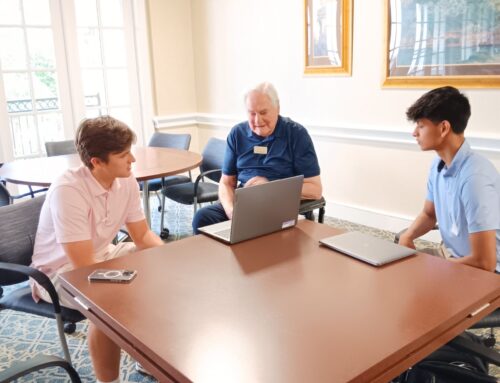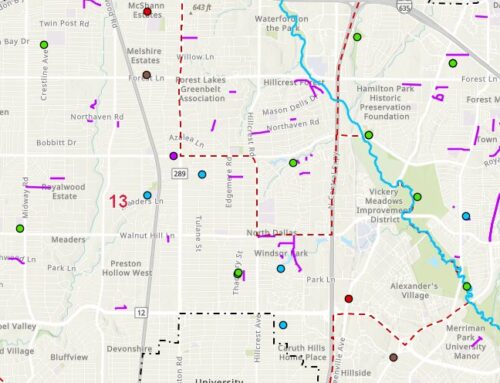
Photo courtesy of Dallas Pets Alive.
Dallas Pets Alive!, a neighborhood nonprofit organization that helps foster and rescue pets, has partnered with the Texas Juvenile Justice Department for a new initiative that will offer temporary foster care dogs to youth residents to teach valuable life skills.
The new initiative “BARK” is the first of its kind in the juvenile system. It benefits not only the dogs and their owners in need of pet foster care, but also the youth caregivers. The BARK program teaches patience, positive behaviors and responsibility to youth by involving them in the care and training of temporary foster care dogs.
“We receive so many inquiries for help from people who are in crisis and do not want to surrender their pets. People don’t want to let go of their best friend — and they shouldn’t have to — when they’re going through a crisis,” executive director and founder of Dallas Pets Alive! Said. “DPA is all about collaboration and innovation, and (BARK) is a prime example of that.”
Lisa Broussard, coordinator of BARK, shares that the collaboration with Dallas Pets Alive stemmed from DPA’s Positive Alternatives to Shelter Surrender (PASS) Program. PASS assists individuals in need of temporary foster care for their pets during times of crisis or transition.
In the BARK program, youth participants undergo weekly virtual training sessions with GoodPup, another partnering program of DPA. Through these sessions, they learn guidance on dog training techniques and offer an opportunity for the youth to address their questions to expert dog trainers. The trauma-informed dogs, trained by Texas Juvenile Justice Department (TJJD) staff members, participate in training classes led by Roman Gottfried, owner of Roman’s Holistic Dog Training. These classes focus on understanding the dogs’ past traumas and employing compassionate approaches to address behavioral issues, aligning with the philosophy of how staff work with youth at TJJD.
The training emphasizes understanding dogs’ past traumas and using compassionate approaches to address behavioral issues, mirroring the philosophy of how staff work with youth at TJJD.
“The benefit is they have to figure out and implement and do all the training themselves, with the guidance of the virtual trainer. They have to learn the skills,” vice president of animal operations for Dallas Pets Alive, Sarah McGoldrick, said.






